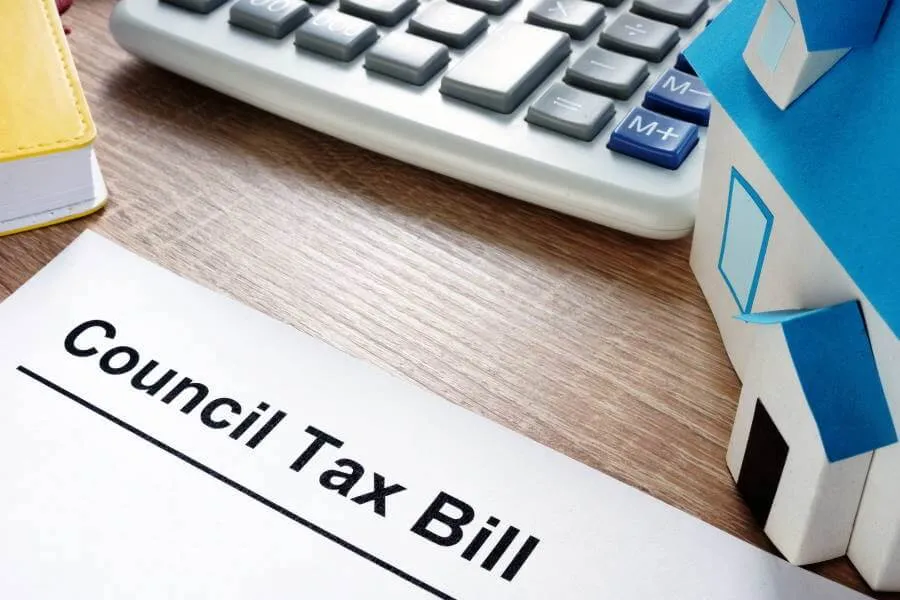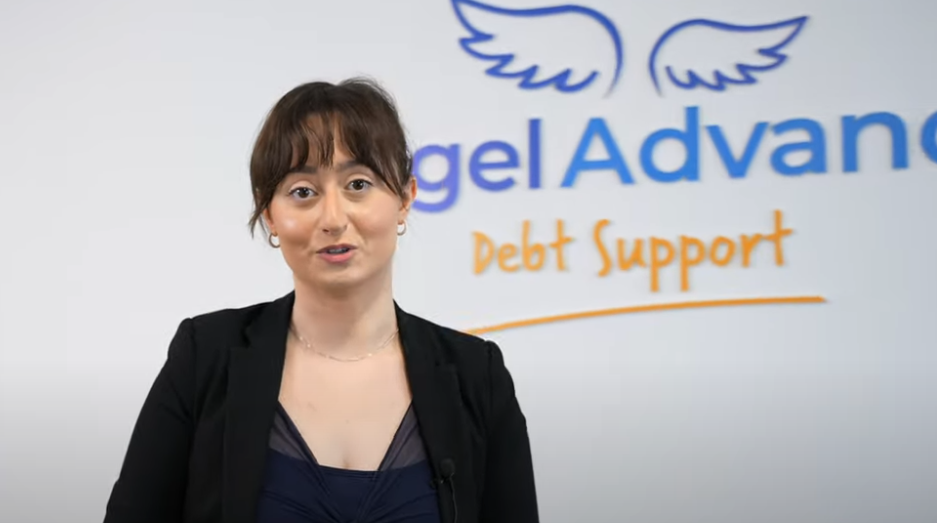What Is Council Tax?
Council tax is an annual fee paid to the local council for the services it provides to the public, such as police and fire services, libraries and education, and rubbish collection. It is normally paid in 10 monthly instalments, followed by 2 months without paying. The amount of council tax you pay depends on your personal circumstances, the value and location of your property, and the number of people living there.
You can find out more information about how much council tax you pay here.
Only people over the age of 18 can pay a council tax bill. You may be eligible for a council tax reduction if:
- You are on a low income
- You are the only adult living in the property
- You are eligible for a Second Adult Rebate
- Someone in your household has a disability
What Is Council Tax Debt?
Council tax debt is classed as a Priority Debt. Priority Debts need to be repaid as soon as possible, meaning you should repay your council tax debt first if you have any other outstanding debts, such as debit or credit cards.
With tax rates rising by another 2.99%, it is becoming increasingly difficult for some to pay their council tax. Thankfully, there are measures to limit the impact of rising council tax, such as the Council Tax Cost of Living Relief Fund.
What Happens If I Miss A Council Tax Payment?
If you miss a payment of council tax, you are in ‘arrears’ – which means you owe the council money. The council will contact you after two weeks to remind you about the missed payment. If you are able to pay off the debt within 7 days, no further action is required.
The best thing you can do if you have missed a council tax payment is to reach out to the council yourself rather than waiting for them to contact you. You may be able to apply for 60 days of breathing space, although if the council already takes deductions from Universal Credit, they will continue to do so. Alternatively, you can make an ‘offer’ to the council by paying them what you owe before they take action.
Depending on your situation, the tax office may be able to give you a reduction in the amount of council tax you owe, and in limited circumstances, might consider having your debt written off – find out more information about council tax discounts here.
If you don’t pay off the council tax debt within 7 days of the reminder, or if you are late with your council tax payments three times in a year, the council will send you a ‘final notice’ letter, instructing you to pay all your council tax for the rest of the year. Again, you have 7 days to pay the debt off.
What Happens If I Don’t Pay My Final Notice Within 7 Days?
If you are unable to pay off your final notice within the 7 days, the council will typically apply for a court ‘liability order’ to collect the debt from you. An additional £67.58 will be added to cover the costs of the magistrate summons. There are several options they could take to collect the debt:
- Bailiffs and enforcement agents may be called to collect items from your home to sell in order to pay off your debt – in this case, additional costs will be accrued
- The council could take a fixed percentage from your pay (called an Attachment of Earnings) or take money from your benefits payments, such as Universal Credit, Income Support, or Pension Credit – in the case of an AOE, the amount you will be charged is dependent on your pay, although the deductions from Universal Credit will vary
- If you are a homeowner, they may apply for a Charging Order to secure the debt against your home if your debt exceeds £1,000
- You may be forced to declare bankruptcy if your debt exceeds £5,000
In the worst case, you may be sent to prison for 3 months, but this is only if you are found to be deliberately not paying your council tax. The court should not send you to prison if you are unable to afford to pay off your debt.
What If I Have An Attachment Of Earnings Order?
The council should try to arrange a payment plan with you in order for you to pay your council tax debt. This provides you with another chance to pay the money owed each month.
Once the council has acquired a liability order, they may choose to take money directly from your wages as a way of paying off your debt. They will let you know how much they will take before your wages are paid, and they will also inform your employer.
Leaving your job will not cancel the attachment of earnings order, but the council won’t receive any more money. If you start a new job, you must tell the council the details of your new employer and your new wages within 14 days, as you will then start making payments again. If you are out of work for a long period of time, you might be able to ask the council to cancel your attachment of earnings order. Find out more about how debt can affect employment here.
If you no longer have enough money to cover the costs of living because of the deduction from your wages, you must inform the council immediately. You may be able to arrange a payment plan which reduces the amount you repay each month.
Can I Make A Complaint?
If you believe the council has not behaved properly or has not followed proper procedures, you can make a complaint against them. If you send them a written complaint and do not hear back from them within 12 weeks, you might be able to take your complaint to the ombudsman for independent review.
Get Council Tax Debt Help Today
Council tax debt can feel unmanageable at times, but you don’t have to suffer alone. At Angel Advance, our debt experts can guide you through the process of dealing with your council tax debt, and any other priority and non-priority debts you might be struggling with. If you need to talk to someone about managing your debts, our team is there for you day or night, always on call for whenever you need us.
Get started today and discover how we can help find the best debt solution for you. You can use our free Online Debt Advice Tool or contact us at any time on 01925 599400 to speak to one of our debt experts.


